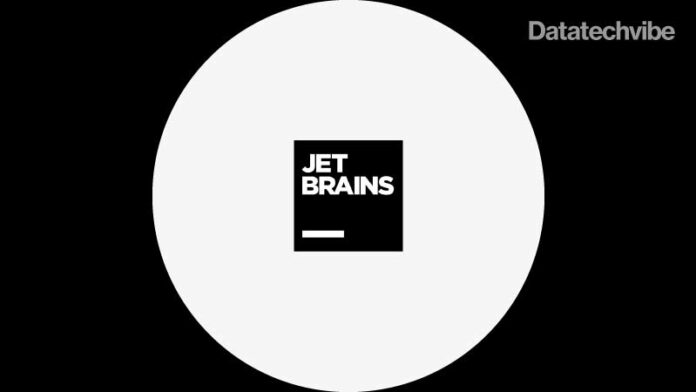Space On-Premises supports most of the features of Space Cloud, including Git hosting, code reviews and issues support, package management, team collaboration, and so on
Space, JetBrains’s take on containerised, remote development environments is now available on-premises as a beta for all organisations that prefer to have complete control over their tools instead of relying on third-party cloud services.
Since Space On-Premises will be deployed inside the user’s network, the focus is more on its containerised nature rather than providing a remote development experience. In other words, Space On-Premises aims to keep the promise of commoditising development environments and to make it easier to spin up full-fledged environments in a short time both for first-time or casual contributors and across machines for regular contributors.
With this introduction, JetBrains is tackling one of the most usual forms of criticism of remote development environments such as JetBrains Space Cloud or GitHub Codespaces, in particular the loss of privacy and ownership on some parts of developers’ work. Being on-premises means the user keeps complete control of the deployment, although this will have a cost on the system’s operation.
Space On-Premises supports most of the features of Space Cloud, including Git hosting, code reviews and issues support, package management, team collaboration, and so on. It has some limitations, though, regarding features that require hosting on JetBrains. Specifically, it can only use external workers for automation tasks at the moment.
Most importantly, the beta release does not support development environments yet, although this feature will be available in the public release, says JetBrains. This is especially relevant for any developers or organisations that want to try out the product in its current beta since the ability to manage and instantiate ready-to-use development environments is one of the most appealing features of this kind of product.
Space On-Premises comes in two fashions, with support for Docker Compose or Kubernetes. The Docker Compose version is most indicated, says JetBrains, for speedy trial runs or smaller organisations. The benefit of Docker Compose lies in the simplicity of its configuration and management, which is based on a YAML file that describes the available services. The Kubernetes version is, instead, more flexible and supports larger organisations that need their installations to scale.
While current Space users have no facilities to migrate from Space Cloud to Space On-Premises, this is something JetBrains is currently working on, and that will become available at some point in future.
JetBrains is planning to run the beta for 3-6 months, during which the product is available through a free license. At the end of this period, Space On-Premises will remain free for organisations of up to 10 users and offer specific plans for larger organisations and enterprises.









